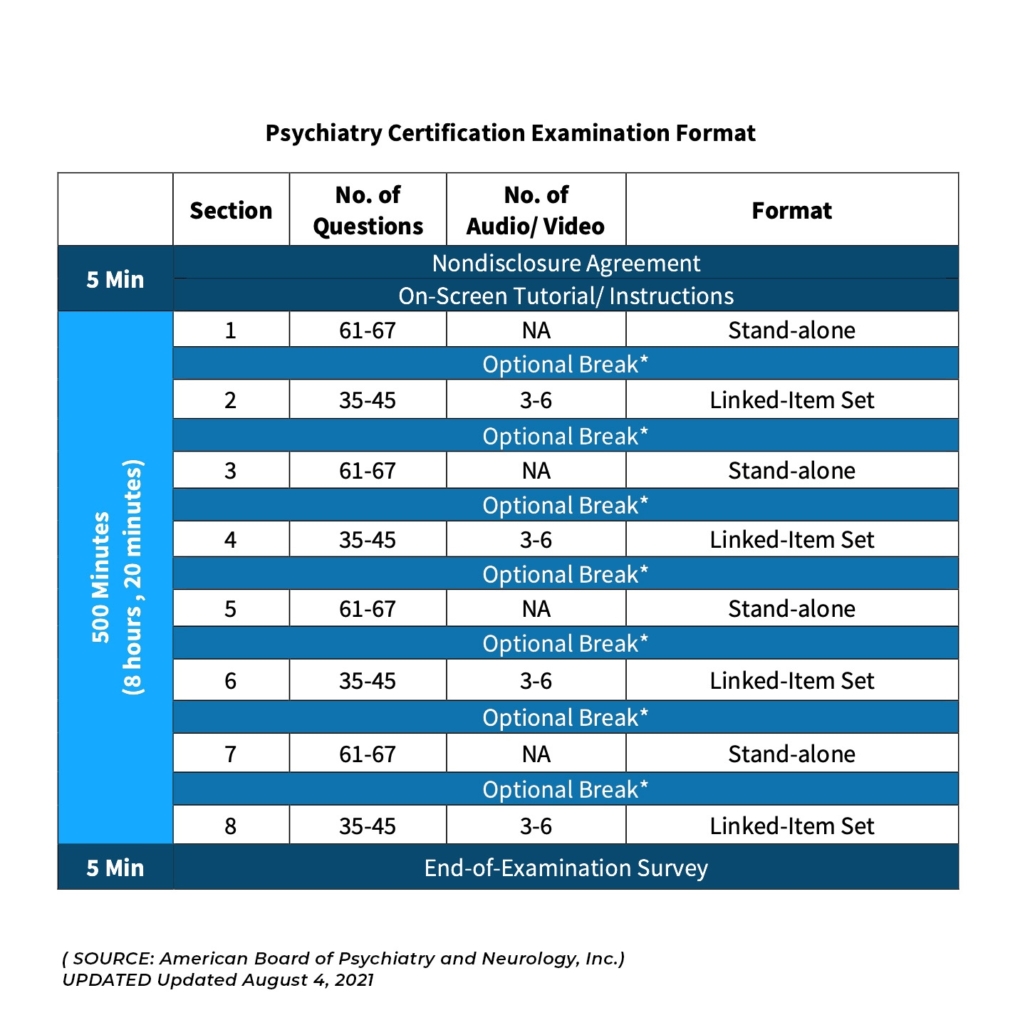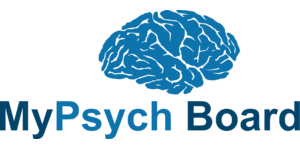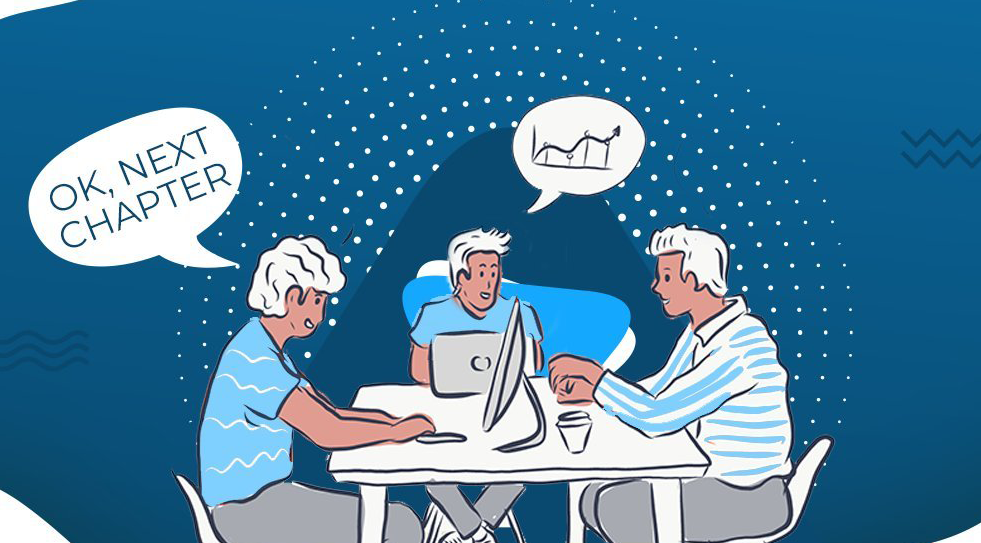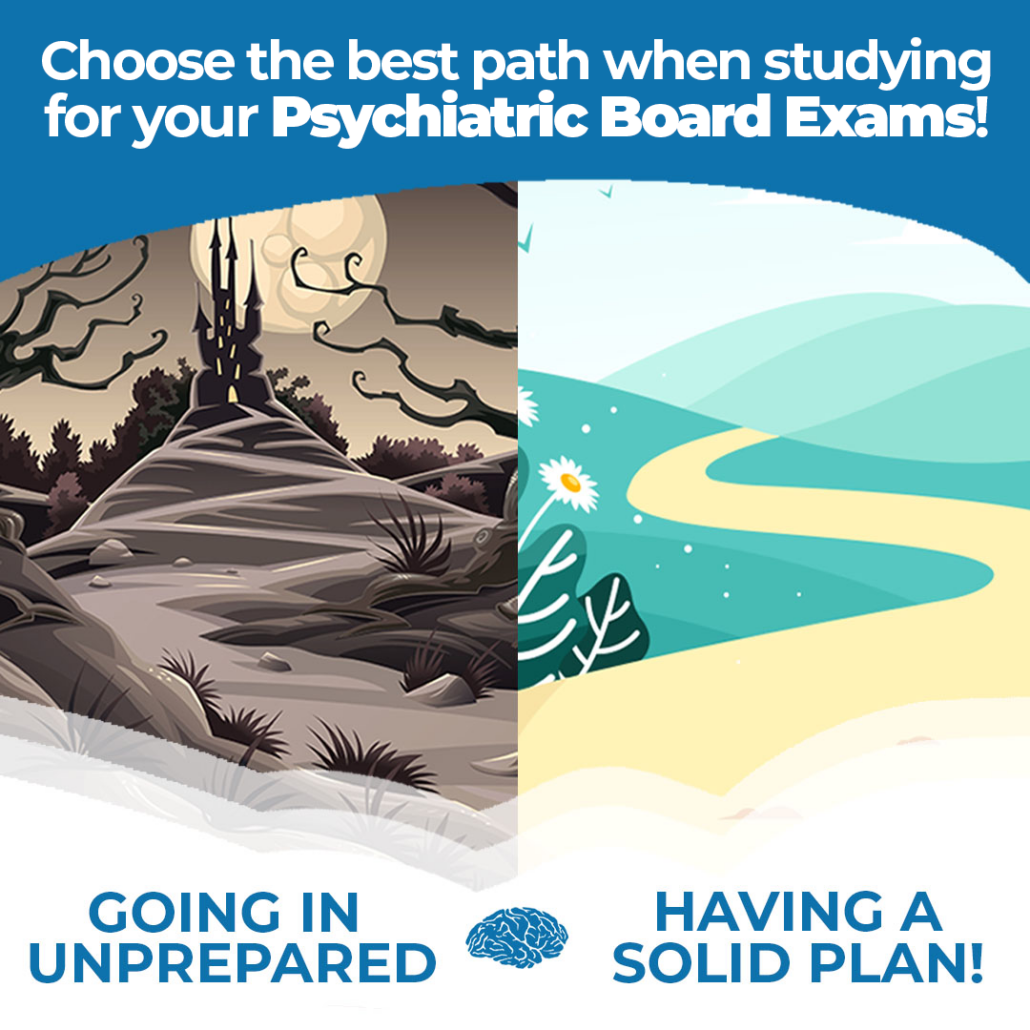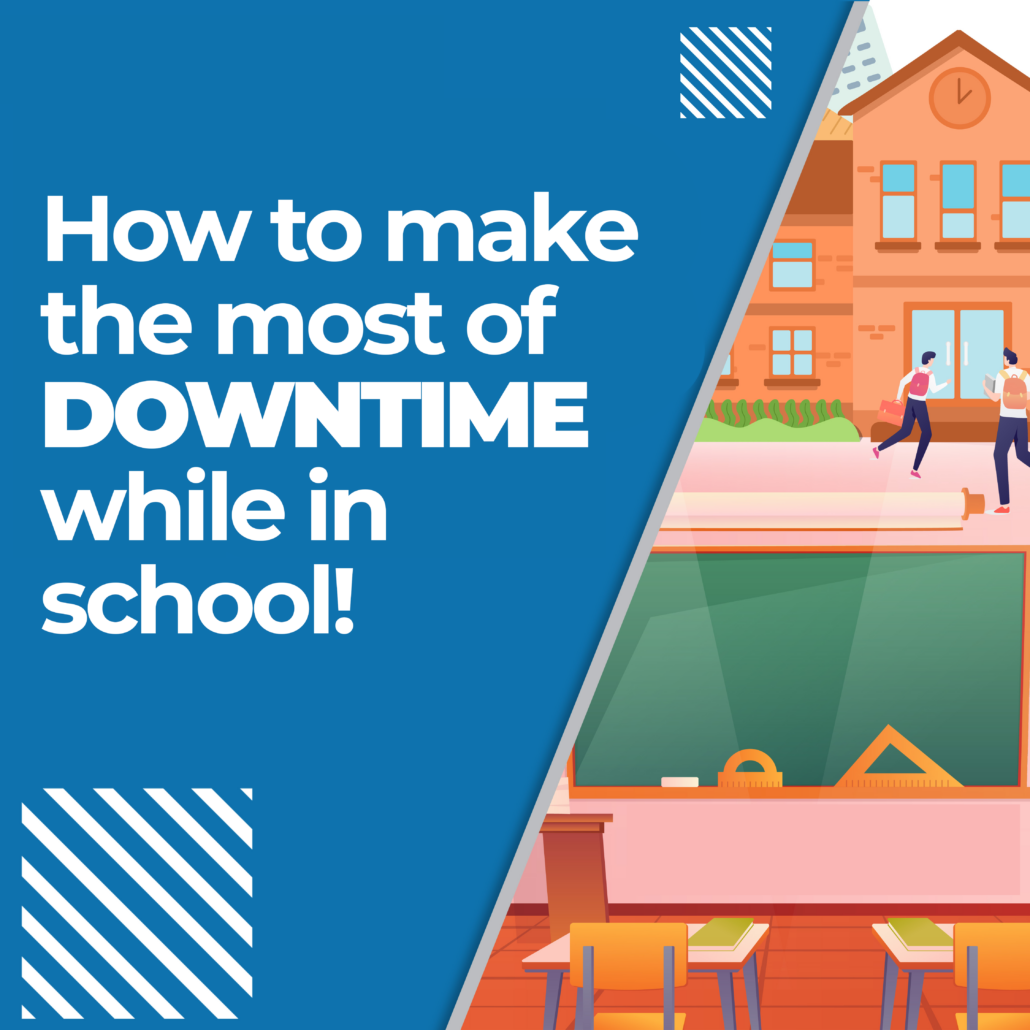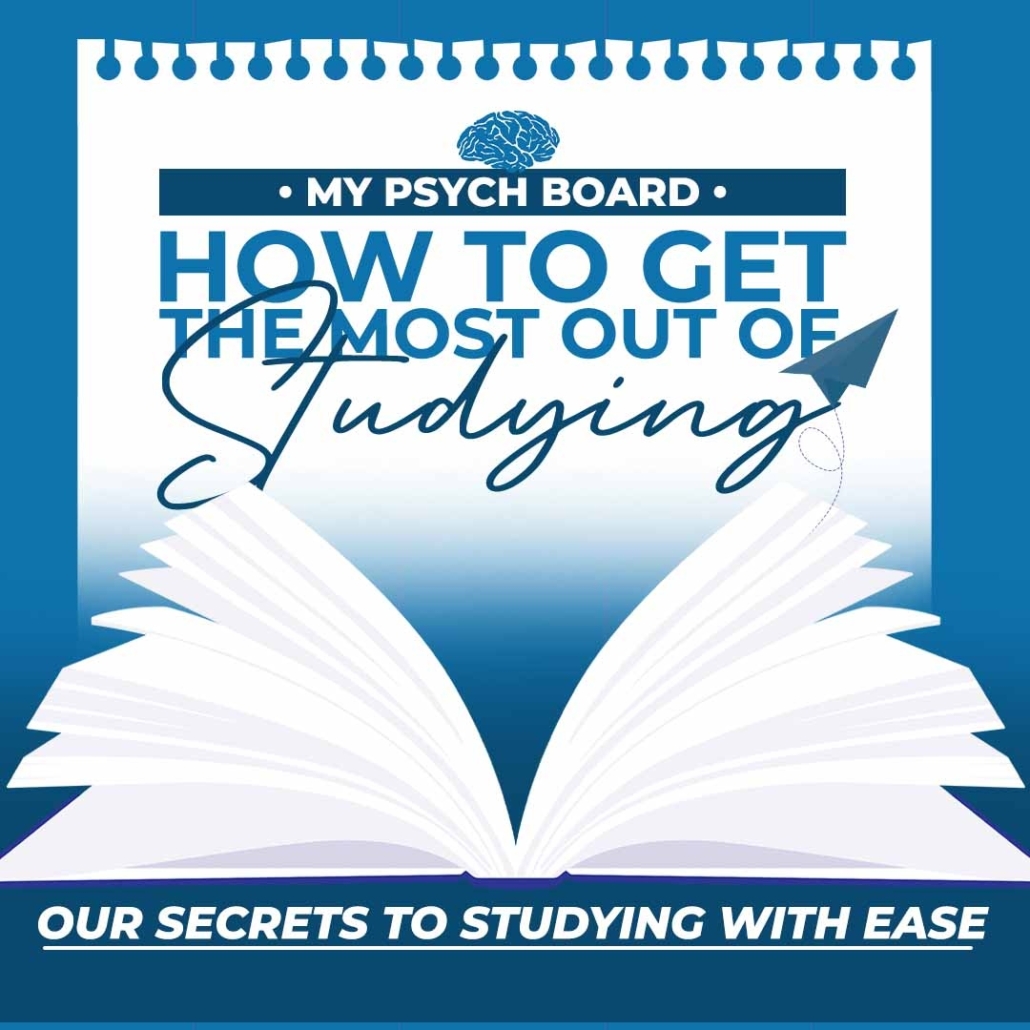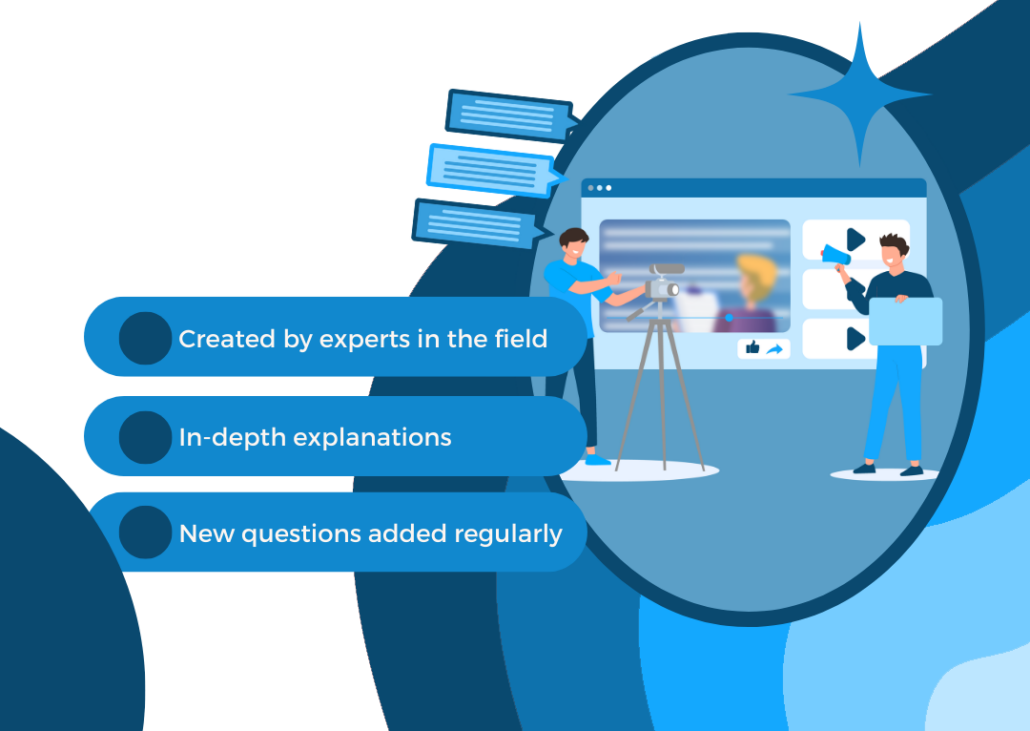With the impending standardized exam, you may be asking “how the heck should I study?” Here are our top tips to help you pass your boards with ease!
As a senior psychiatry resident, recent graduate or even junior resident, this is a question that may cross your mind when the term ABPN initial certification is mentioned. But as someone who has taken my fair share of medically geared standardized tests- i.e. MCAT, USMLE, PRITE, as well as too many medical school exams to count, teaching for the Princeton review, teaching gymnastics, and the occasional residency didactic topic, the best method to study and retain information may not come into focus until one takes a step back to do some self-assessment. Sometimes you (meaning me) even forget what got you over that what once seemingly insurmountable conglomerate of material until a new challenge presents itself. It is only then can one get refreshed insight on how to approach the material before you, by looking at what worked and did not work before.
I’m a firm believer that the more you hear or see something, the more you retain it. I don’t hesitate to review and re-review the basics. This is true whether you are an athlete preparing for a big event or a chief resident reviewing the DSM V for diagnostic criteria for Major depressive disorder with psychotic features vs schizoaffective disorder. The foundations allow us to build and retain our skills and knowledge, and yes they can sometimes be more palatable to review. With that I must remind myself of what my old gymnastics coach used to say every time I wanted to practice balance beam instead of bars, “To be great, one must practice what they hate not what they love.” So I would begrudgingly trade my beam shoes for my hand grips and chalk up. A medical school or USMLE equivalent could be me tucking away neuroanatomy and forcibly pulling out lung volumes. A PRITE example could be me tip toeing to get to biostats once all my other studying is done, But I digress.
I would argue you need to make time for that which comes easier, and that which you might just slightly avoid. One way I like to go about this is what I call mixing it up. I am also a believer in learning via multiple pathways and methods. I have always found, when the brain processes data from multiple sources, the more likely you are to retain this material. Now I realize we all have our personal preferences and we do not all learn the same way. For example, some of us like to read, while others may like to listen. Some of us never showed up to lectures, and some were front and center. However, I’ve found the material I have retained the greatest, or exams I have done the best on, I was using several of my available senses. This included, reading, watching lectures online on core material, listening to recordings at the gym or while traveling throughout the day, and rewriting key material. The more pathways I used, the better I retained and understood the material. I find this to be key in studying for standardized exams, where the amount of material can seem insurmountable. We will get to this, but this can also come in handy when you are having an off day, a too busy to do much day, a I am over this day.
We all get overwhelmed, me included. The vast amount of material for anything before us can seem daunting and overwhelming. This is when I like to take a deep breath, take a step back and write out a plan. Most importantly, this plan must be unique to you and both your long-term and short-term study goals, and how you will accomplish them. Remember to be kind but firm with yourself. Offer motivational tips and rewards while holding yourself accountable to some sort of framework.
Break it up and use your senses.
Try and study in small, consistent blocks of time and take advantage of hands-on learning. Learning while providing patient care (reading up, reviewing their diagnoses, meds) can go a long way when it comes time to study and sit for a big exam. Just like an athlete who keeps the foundation fresh and well maintained, when time to throw the bigger skill those foundations will allow an easier transition.
Break the material/subject down into systems using several sources of information stimulating different ways of learning. Some examples of systems are reading review, videos, questions.
How I approach each topic, no matter if medical school, USMLE, PRITE, or psychiatry board review:
- Core material/ foundation and concepts-does not matter if I already know it or think I know it. I start here
- Case study-reviewing sample cases and how they present with review of material. That helps with retention and “real world,” understanding. It Is often how tests present material.
- Esoteric details-Put off sometimes until the core and concepts are re-reviewed
- Question banks-for understanding; then for simulated test taking via a buildup (start with 5 questions at a time, to ten, to 20 etc)
This brings us to the topic of question banks. A question bank serves several different purposes, again taking what I say with a grain of salt in case that is not your style. Here goes, I initially use question banks for learning the raw material. I don’t time myself and I’m not trying to do a full block, and I’m definitely not worried about timing myself. I take my time, use tutor mode and read everything; I mean EVERYTHING thoroughly. Things I got wrong and things I got right. Test bank explanations can be a gold mine of information for the questions I’m both sure and unsure of. This knowledge is important and allows you to brush up on topics you thought you knew once upon a time, and gives you a feel for the level of material and depth you should know for that exam. Once I personally feel “ready” and comfortable, (although full disclosure I have never been one to feel fully ready for any test), then I start to incorporate the questions slowly into timed and simulated experiences.
As a firm believer of understanding the material from the ground up, I don’t ever recommend going into a standardized examination without using a question bank. There are however people that do just fine using question banks purely as simulated examination situations and to get a feel for the test and types of questions you will see. This is of course fine, as that is a vital part of preparation, but for me, question banks can be used in different ways as described above, depending upon your personality and comfort with learning styles.
Good luck as you start your preparation. You got this! Remember, it is easy to get discouraged or feel like the massive mountain of study material before you can be insurmountable, but remind yourself that even small study sessions will take you one step closer to your goal, and things that you are remote and you think you forgot often come back easier the next time you review them. P.S. I speak from experience 😉
– Dr. J
Are you utilizing the correct tools to make the most of your studying?
Thankfully, our question banks are formatted to get the most out of your learning experience. Studies have proven members who use formatted practice q-banks have a much higher score/pass rate!
Still feeling overwhelmed? Contact us today! We can help build a study plan tailored for your needs.
